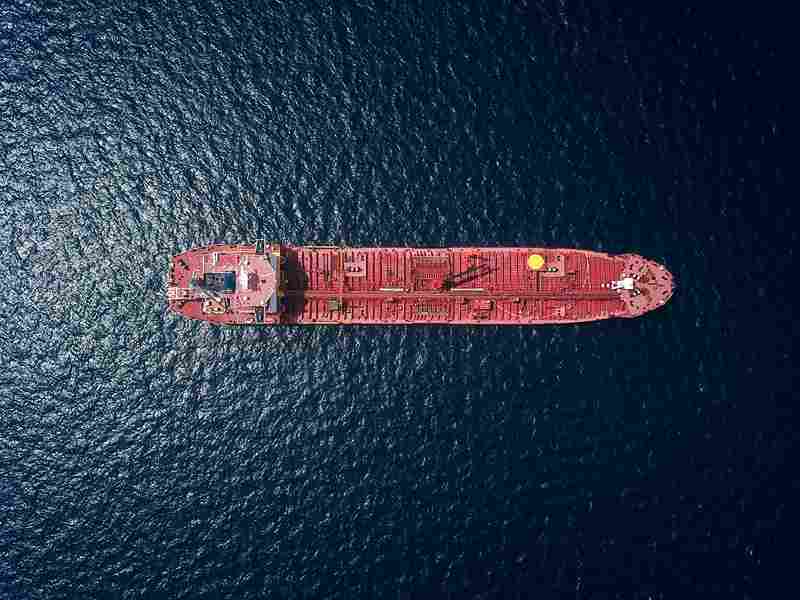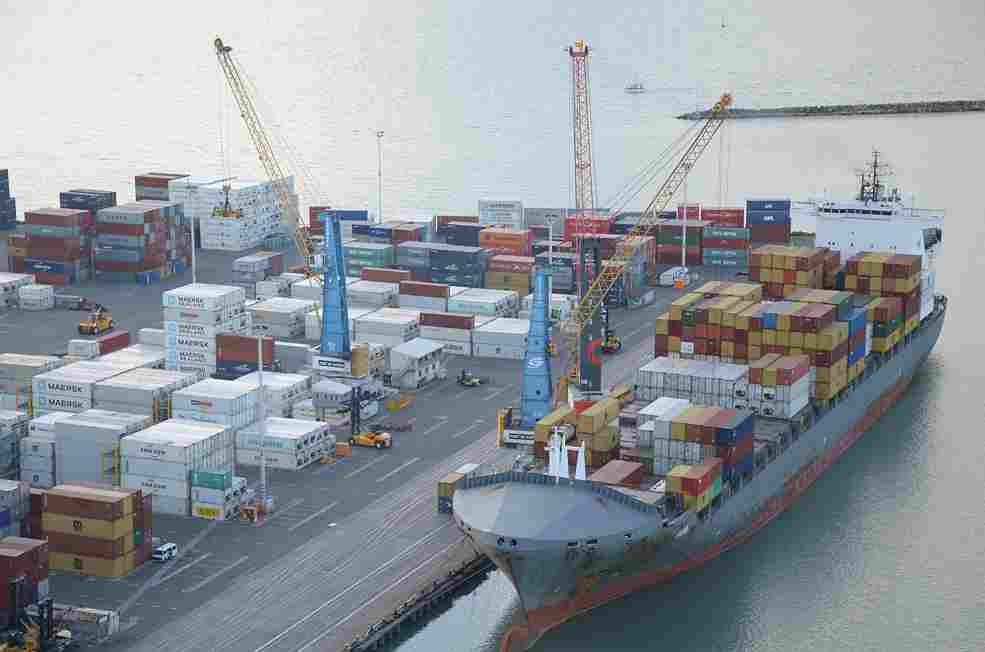
Bunker Fuel Quality: Ensuring Standards and Addressing Contamination Issues
Introduction
Picture the vast seas with ships relying on bunker fuel for their journeys. Bunker fuel quality is essential for smooth sailing, impacting ship engines, costs, and the environment. In this article, we’ll explore the importance of bunker fuel quality, the standards set to ensure it, and the challenges posed by contamination, all in simple terms.
- Why Bunker Fuel Quality MattersBunker fuel is like the heart that keeps a ship moving. If it’s not good quality, it can cause problems for the ship’s engine, make operations expensive, and harm the environment. Think of it as the ship’s lifeline!
- Standards for Good Bunker FuelJust like there are rules for games, there are standards for bunker fuel. These rules, set by groups like the International Maritime Organization (IMO), make sure bunker fuel has the right stuff in it, like the correct amount of sulfur and density. Everyone has to follow these rules to keep things running smoothly.
- Troubles with ContaminationContamination is like having something bad mixed into your food. In bunker fuel, things like water, dirt, and rust can sneak in during production and transportation. This can be a big problem for the ship, causing damage and making it harder to work properly.
- Water Woes in Bunker FuelWater in bunker fuel is a bit like having water in your gas tank. It causes all sorts of issues, like making the engine not work well, creating sludge, and even breaking parts of the engine. Finding and stopping water from getting into the fuel is really important.
- How Bad Fuel Affects Ship EnginesBad bunker fuel can hurt a ship’s engine. It can make the engine break down, use more fuel than it should, and even become unsafe for the crew. Fixing these problems costs a lot of money and time.
- Fixing Contamination: Teamwork and New IdeasPeople in the shipping world are working together to solve contamination problems. They’re using clever machines and tests to check the fuel for issues. Plus, everyone is learning better ways to make sure the fuel stays clean.
- High-Tech Checks for Bunker FuelTechnology is like a superhero for checking bunker fuel. Fancy machines can now tell us exactly what’s in the fuel. This helps spot problems early and makes sure the fuel is good enough for the ship.
- Port Inspections: The Fuel PolicePorts have a bit of a “fuel police” called Port State Control (PSC). They check if ships follow the rules about bunker fuel quality. If a ship doesn’t follow the rules, it might get in trouble and have to pay fines.
- Learning About Clean Fuel TogetherEveryone involved in using bunker fuel, from the ship crew to the people selling the fuel, needs to know about keeping it clean. Imagine it’s like everyone learning to play a game by the same rules. This helps keep everything fair and safe.
- Conclusion: Sailing Towards Better Bunker Fuels
To sum it up, having good-quality bunker fuel is like having the right fuel for a car. It keeps the ship going smoothly, saves money, and helps protect the environment. By using new technology, working together, and following the rules, the shipping world is steering towards a future with clean and reliable bunker fuels. Safe travels on the high seas!





